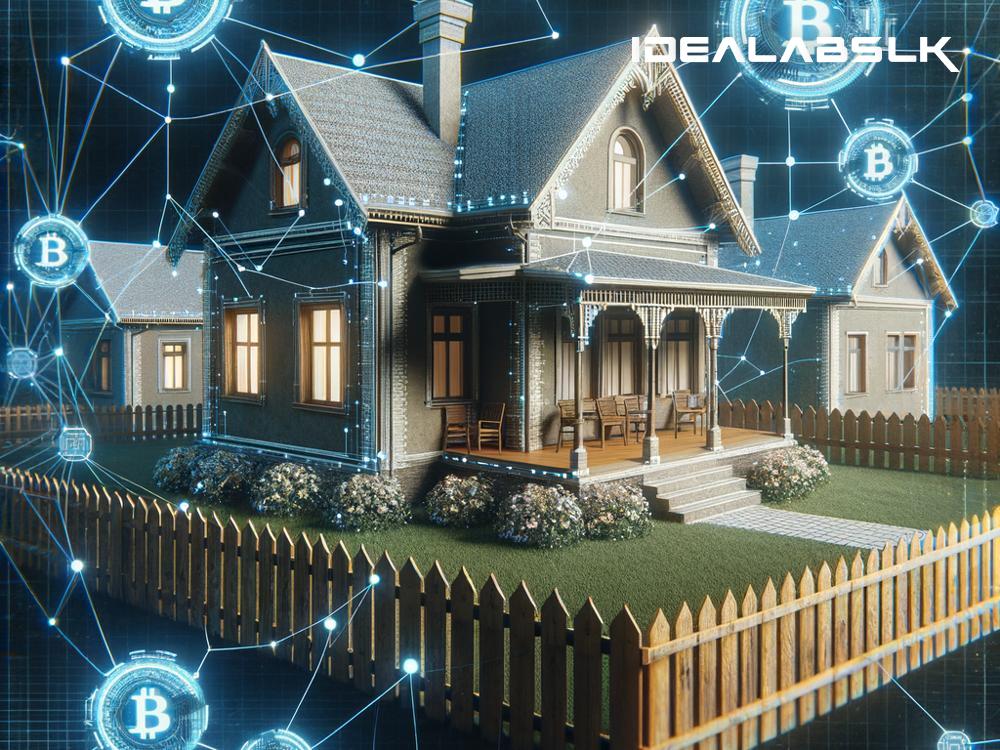The Impact of Blockchain on Real Estate Due Diligence: Simplifying Complex Processes
In the realm of real estate transactions, the term "due diligence" often crops up. It's like a health check-up but for property, ensuring everything is in order before any deals are struck. This process, however, can be as daunting as it sounds, encompassing legal, financial, and physical evaluations of the property. Traditionally, due diligence is a paperwork-heavy ordeal, fraught with inefficiencies and ample room for errors. This is where blockchain technology steps in, promising to revolutionize real estate due diligence by making it more transparent, efficient, and secure.
Understanding Blockchain in a Nutshell
Before diving into its applications in real estate due diligence, let's simplify blockchain. Imagine a digital ledger that's accessible by various parties but owned by no one in particular. This ledger records transactions in blocks, and each block is linked to the one before it, creating a chain (hence, blockchain). The beauty of this system lies in its transparency and security—every participant can see the entries, but they cannot alter past transactions once they're added to the chain.
The Traditional Hurdles of Real Estate Due Diligence
Typically, real estate due diligence involves a myriad of tasks: verifying ownership, checking for liens or disputes, assessing property conditions, and ensuring compliance with zoning laws, among others. This is traditionally paperwork-intensive, relying on various sources that might not always be updated or might even be prone to manipulation. Moreover, the process is time-consuming, which can lead to delays in transaction timelines.
How Blockchain Can Simplify Real Estate Due Diligence
1. Ensuring Transparency and Accuracy
Blockchain's first gift to real estate due diligence is its inherent transparency and accuracy. Since records on a blockchain are immutable, once a piece of information about a property is recorded, it cannot be altered without the consensus of the network. This feature reduces the risk of fraud and errors, making the information about a property's history, including past transactions and ownership, trustworthy.
2. Streamlining the Process
Blockchain allows for the digitization of records, meaning all relevant documents can be stored and shared securely on the blockchain. This digital trail of ownership and transactions can significantly reduce the time required for due diligence, as information can be accessed in real-time by authorized parties. The efficiency doesn't just stop at time saved; it also translates into cost savings by reducing the need for various intermediaries traditionally involved in the documentation and verification processes.
3. Enhancing Security
Security in real estate transactions is paramount, and blockchain offers an advanced level of protection through its encryption and decentralization. Since no single entity controls the blockchain, the risk of tampering with records is drastically reduced. This security feature is particularly crucial in due diligence, where the accuracy of historical transaction data and ownership information is vital.
4. Facilitating Smart Contracts
Perhaps one of the most exciting applications of blockchain in real estate due diligence is the use of smart contracts. These are self-executing contracts with the terms directly written into code. In the context of due diligence, smart contracts can automate various checks and balances, ensuring that certain conditions are met before the transaction can proceed. This automation can further streamline the process, making real estate transactions faster and reducing the likelihood of human error.
The Road Ahead
The integration of blockchain into real estate due diligence is still in its early stages, but the potential benefits are undeniable. By simplifying the process, making it more transparent, secure, and efficient, blockchain can address many of the traditional pain points in real estate transactions.
However, for blockchain to reach its full potential in this domain, several challenges need to be addressed. These include regulatory acceptance, the digital divide, and ensuring that all parties in the real estate market have the necessary technological infrastructure and understanding to adopt blockchain solutions.
Conclusion
Blockchain is poised to transform real estate due diligence from a tedious, paperwork-heavy process into a streamlined, transparent, and secure procedure. By leveraging blockchain technology, the real estate industry can look forward to not only faster and more efficient transactions but also a significant reduction in fraud and errors. As we move forward, the integration of blockchain in real estate promises to make property transactions smoother, providing peace of mind for buyers, sellers, and everyone in between. With these advancements, the future of real estate due diligence is not just promising; it's revolutionary.

